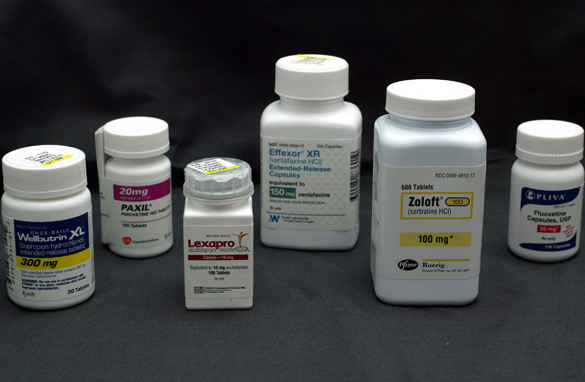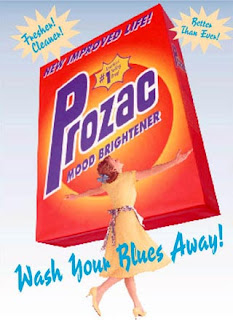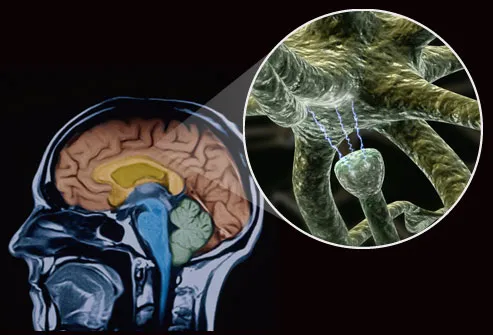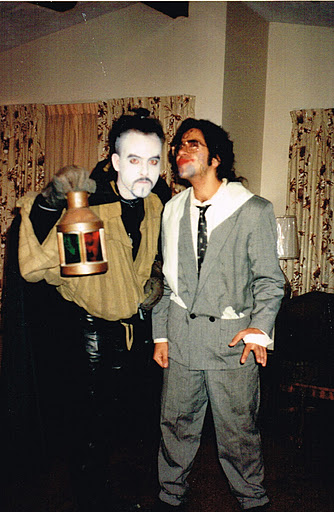A day that doesn’t meet expectations can take you to a pretty dark place when your head isn’t screwed on just right.
Mood music for this post: “Psycho Therapy” by The Ramones:
[youtube=http://www.youtube.com/watch?v=34wASuHRuRo&hl=en_US&fs=1&]
This day hasn’t gone as planned. That can be frustrating when your brain works the way it’s supposed to.
When the traffic in your skull doesn’t flow properly — which is usually the case when you have OCD — a day that suddenly changes shape will spark a serious case of crazy.
In my case, that means high anxiety, followed by multiple temper tantrums, followed by addictive behavior — binge eating in my case — and then a migraine with the urge to throw up. Not necessarily in that order, but usually in that order.
A flight gets delayed or canceled? Bad reaction. Car breaks down? Bad reaction. A carefully constructed schedule ripped apart by shifting winds? Catasrophic reaction.
Back during the ice storm that paralyzed New England in December 2008, we woke up to no electricity. I didn’t have a particularly heavy schedule that Friday, but I still had plans that involved Internet access. I could focus on nothing else until we found a place in Methuen that had power and Internet access. All so I could look at e-mails and check Facebook.
Pretty damn stupid.
Of course, this was a month before I got my BlackBerry, which has enabled me to stay connected in more recent power outages.
But still, pretty stupid.
All I really had to do that day was spend time with the kids. I did later that day, but I was too wound to enjoy it. That’s what the disease does: rob you of precious moments.
This was only a couple months after I started my 12-Step Program, so my psyche was still pretty raw. It was also at the start of the Christmas season, which always seems to throw me into depression and general craziness.
So about today: It didn’t go at all as planned. I started work at 4:30 a.m., and at 6 a.m. the power went out. No bad weather outside to cause it and no answers from the power company.
I had a full day planned: Record a podcast, post some articles I wrote this week, take a phone call for the book project, and so on.
Then 10 minutes passed and the power remained off. It turned out that most of Haverhill and parts of Methuen and North Andover went dark, so school was called off. Both kids home for the day. A day where I had a packed agenda. We wound up at a friend’s house in Hampstead, N.H., which did have power, and I set about doing the podcast. An hour-long process stretched to three hours, as the podcasting software decided this would be the perfect day to crash repeatedly.
On it went.
The good news is that I managed to hold on to my sanity, although I was fairly crabby. I still am, in fact.
But things worked out, The work got done. Nobody got hurt.
I didn’t binge. I didn’t yell at anyone. I didn’t get any panic attacks.
That’s real progress.
And yet I’m still pissed at myself, because I could have handled today’s twists and turns so much better than I did.
But I’m not going to sit here and dwell on it. Why bother?
Besides, things are looking up.
The sun is finally shining and the pavement is drying.
I’m going to visit the chiropractor in Newburyport shortly, so I’ll be able to get out there and enjoy it. Newburyport is one of my favorite places, and even a drive in for an appointment is a treat.
And Lent is technically over, which means a nice cigar is in my future.




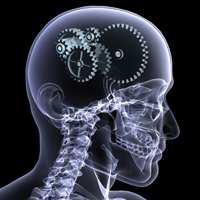
![[ImgPet.jpg]](https://theocddiaries.com/wp-content/uploads/2012/04/imgpet.jpg?w=300)
